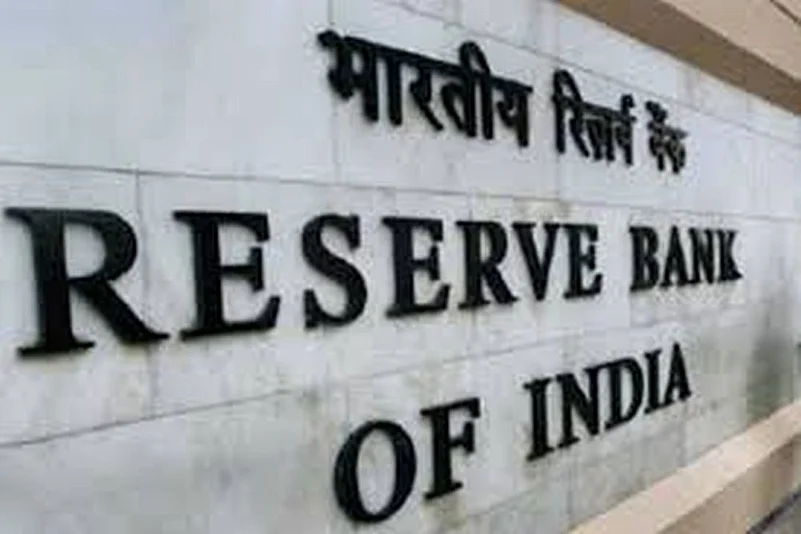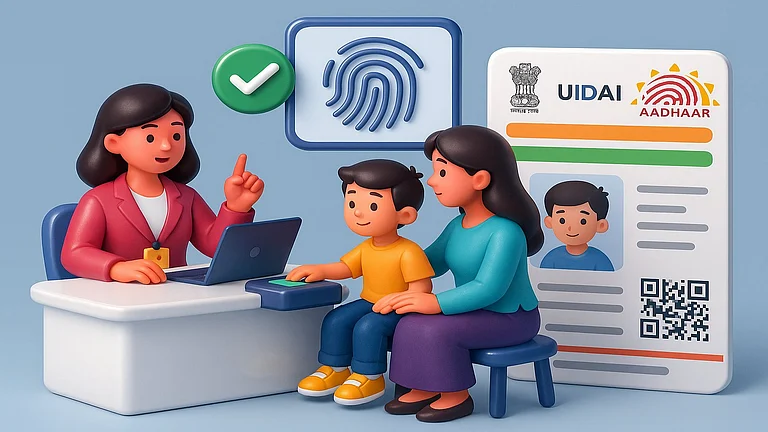The Reserve Bank of India (RBI) offers a retail direct scheme to facilitate investments in government securities by individual investors through an RBI Retail Direct Gilt (RDG) account.
All investors, both resident and non-resident individuals, can open the account by submitting a few documents in a simple online process.
The individual must have valid official documents like a passport, driving licence, Aadhaar card, voter's identity card, email ID, mobile number, etc., for KYC (know-your-customer) purposes.
Non-resident retail investors eligible under the Foreign Exchange Management Act (1999) can also open an RDG account to avail of the scheme.
Besides, it can be opened individually or jointly with another eligible retail investor.
Account Opening Process
The investor must furnish details like name, PAN card, mobile number, email address, residential address, bank account number, etc.
It will verify the mobile number, email address, bank account, etc., through an OTP-based process. They will also require adhering to KYC guidelines for individual and joint accounts.
The user will receive a tracking number to track the application status.
Upon successful completion of the KYC process, the account will be opened. The customer will also receive the login ID and password for the RDG account through the mail. The investor must also furnish nominee details at the time of account opening.
The details will be displayed to the investor online, and the user must accept them by attaching a scanned image of their signature. The account holder can carry out both primary and secondary market transactions.
Are There Any Charges?
There are no charges for opening and maintaining a retail direct gilt account with RBI. The aggregator, or Clearing Corporation of India (CCIL), will also not charge any fee for submitting bids in primary auctions. However, payment gateway fees, etc., will be borne by the investor.
What Are The Benefits?
The account holder can place non-competitive bids for all central government securities such as treasury bills (TBs), sovereign gold bonds (SGBs), and state government securities. The individual can also access the secondary market through RBI’s “NDS OM” trading system.
Interest and maturity proceeds are automatically deposited into the subscriber’s linked bank account on due dates, providing a hassle-free transaction process.
The subscriber can manage the account on the retail direct portal, which facilities the onboarding of investors. In addition, the RDG account allows investors to participate in non-competitive bidding in primary G-Sec auctions or SGBs through CCIL.
They can also access the NDS OM, a screen-based electronic order matching system, for secondary market trading, trade settlements through CCIL, account statements, nomination facilities, gift transactions, coupon payments, etc.
Role of CCIL
CCIL will act as the aggregator for receiving bids for primary auctions of central and state government treasury bills, bonds, and sovereign gold bonds.
The account holders can participate in primary auctions of T-bills on a non-competitive basis.
CCIL will submit a single aggregate bid, comprising all RDG account holders’ non-competitive bid in a particular security, to RBI on the auction date. In the case of gold bonds, the individual bids of each account holder will be sent to RBI.
The holders can place and withdraw SGB bids during the subscription period. Also, only one active bid is allowed per retail client in the non-competitive quota for the respective security.
In the case of T-bills, the bidding will be in minimum and multiple of FV (future value) Rs 10,000, and for SGB, in FV unit of 1 gram. The maximum limit per bid is presently Rs 2 crore for T-bills and 1 percent for SG.
Placing Bids
For the primary auction market, the bid is backed by an indicative price and accrued interest along with a markup for protection against any adverse price movement till the settlement date. The markup is refunded post-allocation based on the auction’s cut-off price. For SGBs, the funding is based on the declared issue price.
For making payment for the bids, the retail clients can use services like UPI (Transfer or Block) and Net Banking to transfer funds to a designated current account using Payment Gateways linked to the Online Portal;
Based on the auction result, the allotments are made to the individual investors. The account holders will also be notified through their registered mobile and email.
The NDS OM secondary market portal can be accessed through the RBI retail direct portal. Those opting for secondary market trading on NDS OM will be provided a CCIL ID.
The account holders can trade in T-bills and SGBs in the Odd Lot segment. However, they can place sell orders only to the extent of account balances available, transferred to NDS OM at the start of the day. Other transfers are permitted in the account only after the trading day ends.













